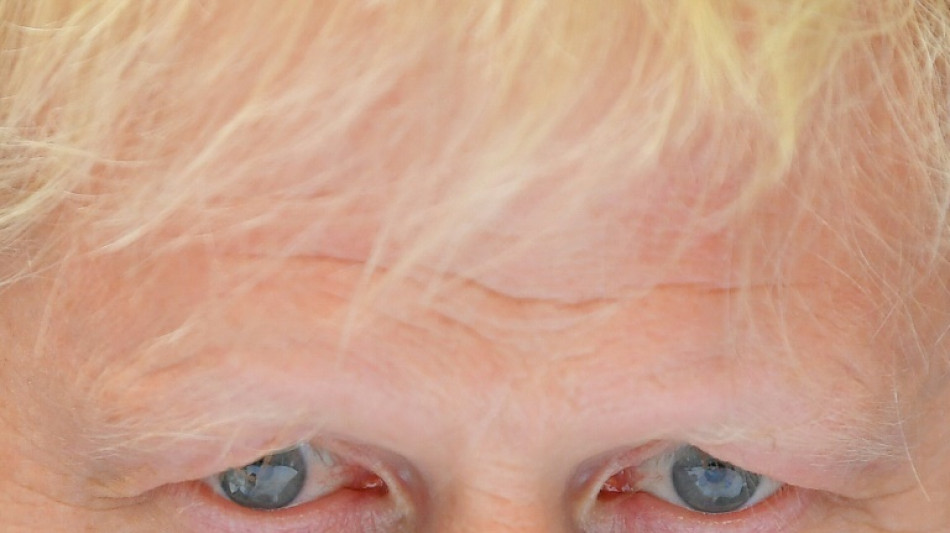
CMSC
-0.0200


The UK and the EU appeared on a collision course Tuesday over post-Brexit trading arrangements in Northern Ireland, after London branded them unsustainable but European leaders insisted they would not be renegotiated.
It comes as political tensions rise in the UK province after historic elections last week saw pro-Irish nationalists Sinn Fein become the biggest party for the first time and now bid to lead a power-sharing executive.
UK Prime Minister Boris Johnson said in a call with his Irish counterpart Micheal Martin that the so-called Northern Ireland Protocol governing trade there "was not sustainable in its current form".
In the latest threat to take unilateral steps to address the "very serious" situation, he added his government "would take action to protect peace and political stability in Northern Ireland if solutions could not be found".
But within hours the warning prompted a swift response from German Chancellor Olaf Scholz and Belgian Prime Minister Alexander De Croo.
"No one should unilaterally scrap or break or in any way change the arrangement we agreed on together," Scholz told a joint press conference in Berlin.
Flanking the German leader, De Croo added: "Our message is quite clear. Don't touch this, this is something we agreed on."
- 'Disruption' -
Signed as part of the UK's EU divorce, the protocol keeps Northern Ireland largely in the EU's single market and imposes sweeping checks on goods heading there from Great Britain (England, Scotland and Wales).
The compromise was introduced to avoid the return of hard border infrastructure between Northern Ireland and EU member Ireland to the south.
Keeping the border open was a key plank of the 1998 Good Friday Agreement that ended decades of sectarian violence over British rule in Northern Ireland and on the UK mainland.
But the protocol has infuriated pro-UK unionists who claim the checks on trade across the Irish Sea undermine the province's place within the UK.
They have vowed not to nominate ministers to the Northern Ireland Executive in Belfast until the protocol is overhauled, raising the prospect of post-election paralysis.
Johnson and his ministers have said that they share unionists' concerns about how the protocol is being implemented and have repeatedly threatened to trigger a suspension clause in the terms.
They have accused the EU of inflexibility and overzealous interpretation of the rules, causing "economic and political disruption" in Northern Ireland.
In their call, Johnson told Martin that the province's 1998 peace agreement "was being undermined", his office said.
Last week's elections "further demonstrated that the protocol was not sustainable in its current form", Downing Street said.
- Unilateral actions -
The EU is insistent that the UK must abide by the terms of the deal it signed up to and that it risks a possible trade war with the 27-member bloc if it unilaterally triggers the suspension clause.
European Commission vice-president Maros Sefcovic, who is spearheading talks, has urged London to dial down the rhetoric and work on finding solutions within the existing framework.
Martin's office said in a read-out that the Taoiseach "set out clearly his serious concerns at any unilateral action at this time, which would be destabilising in Northern Ireland and erode trust".
However, The Times reported Tuesday that Foreign Secretary Liz Truss could move to scrap large parts of the deal from British law by as early as next week.
The newspaper said officials had drawn up draft legislation to remove the need for checks on goods from Great Britain for use in the province.
If passed, Northern Irish companies could also ignore EU rules and regulations and strip the European Court of Justice of oversight powers on disputes, it added.
J.M.Ellis--TFWP